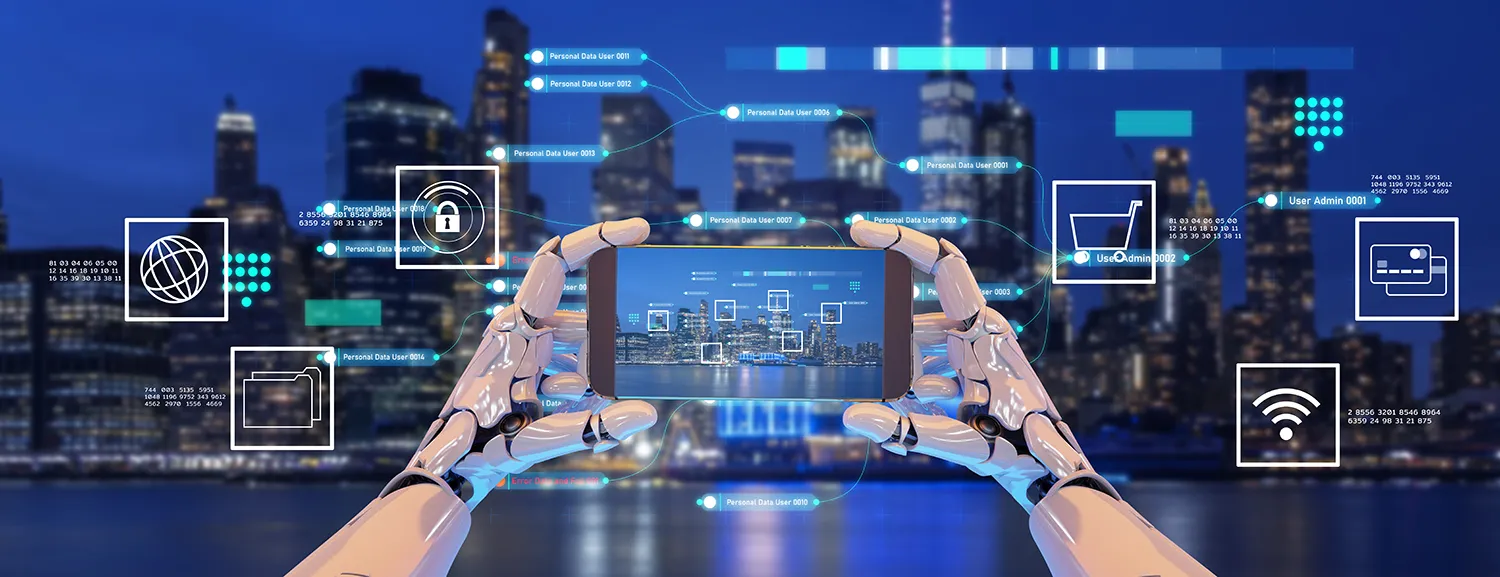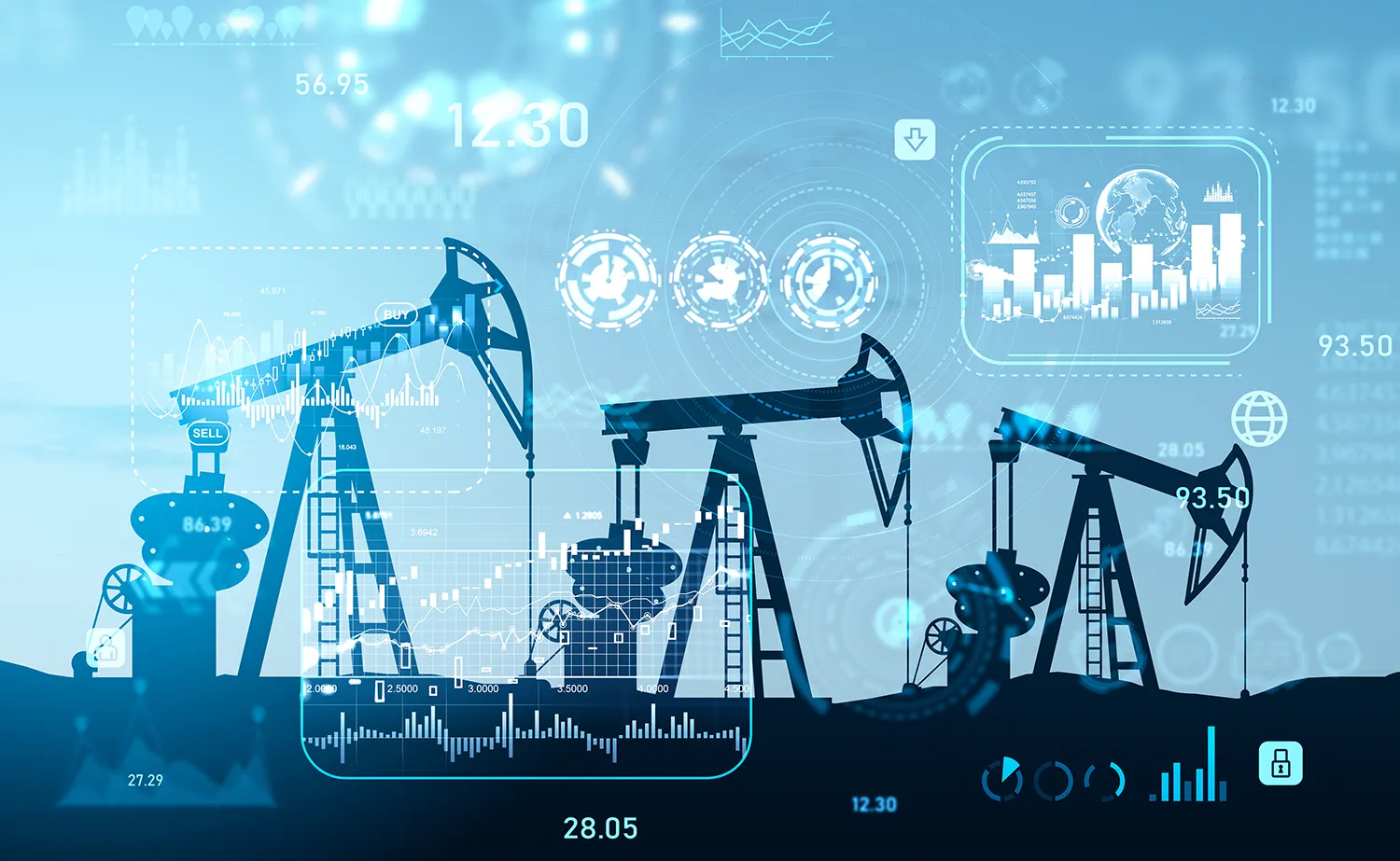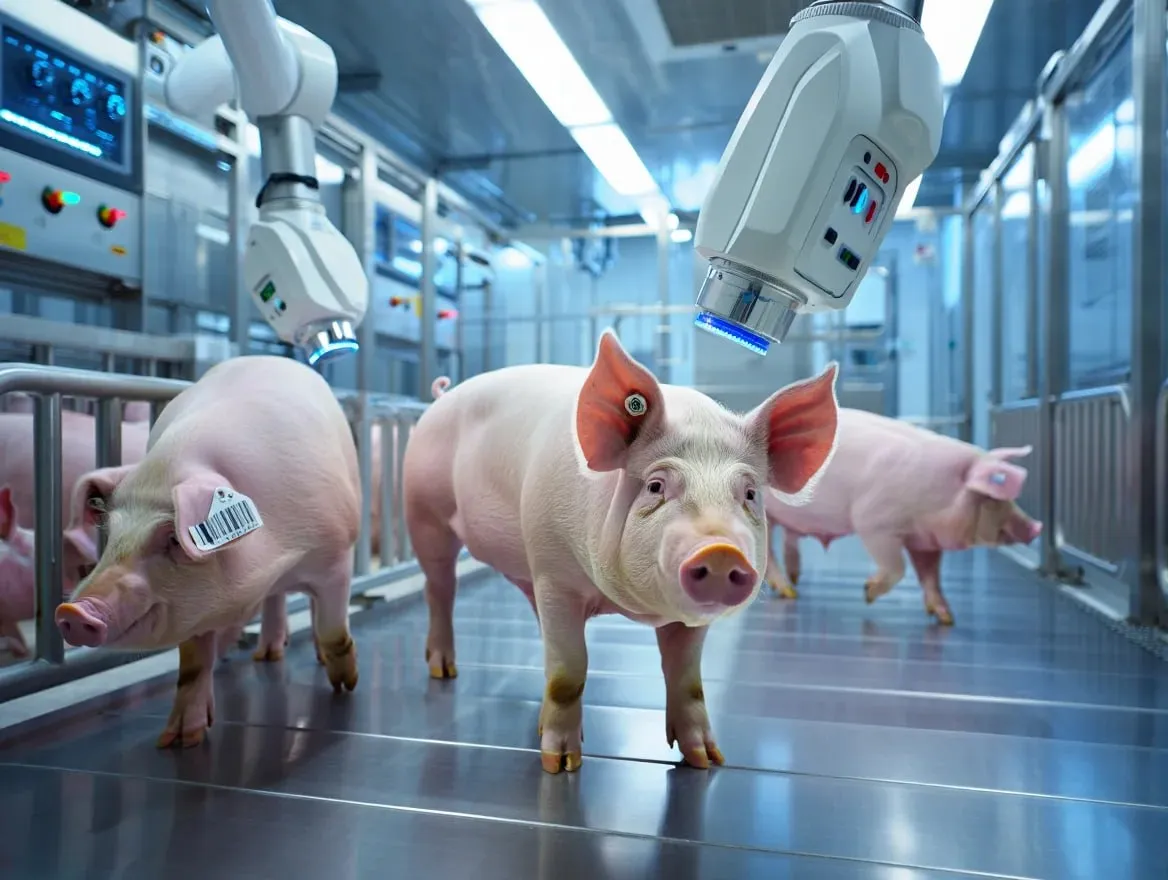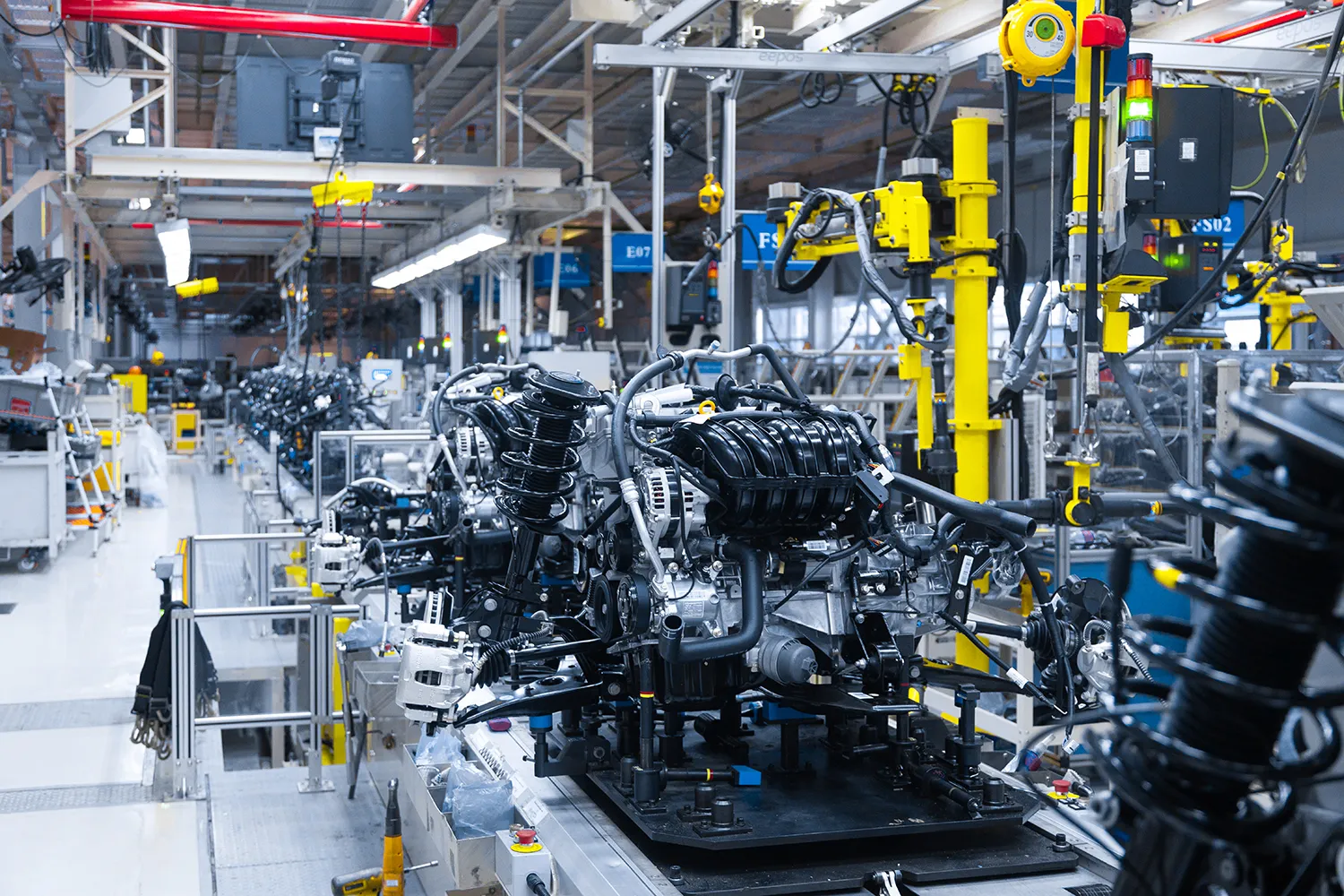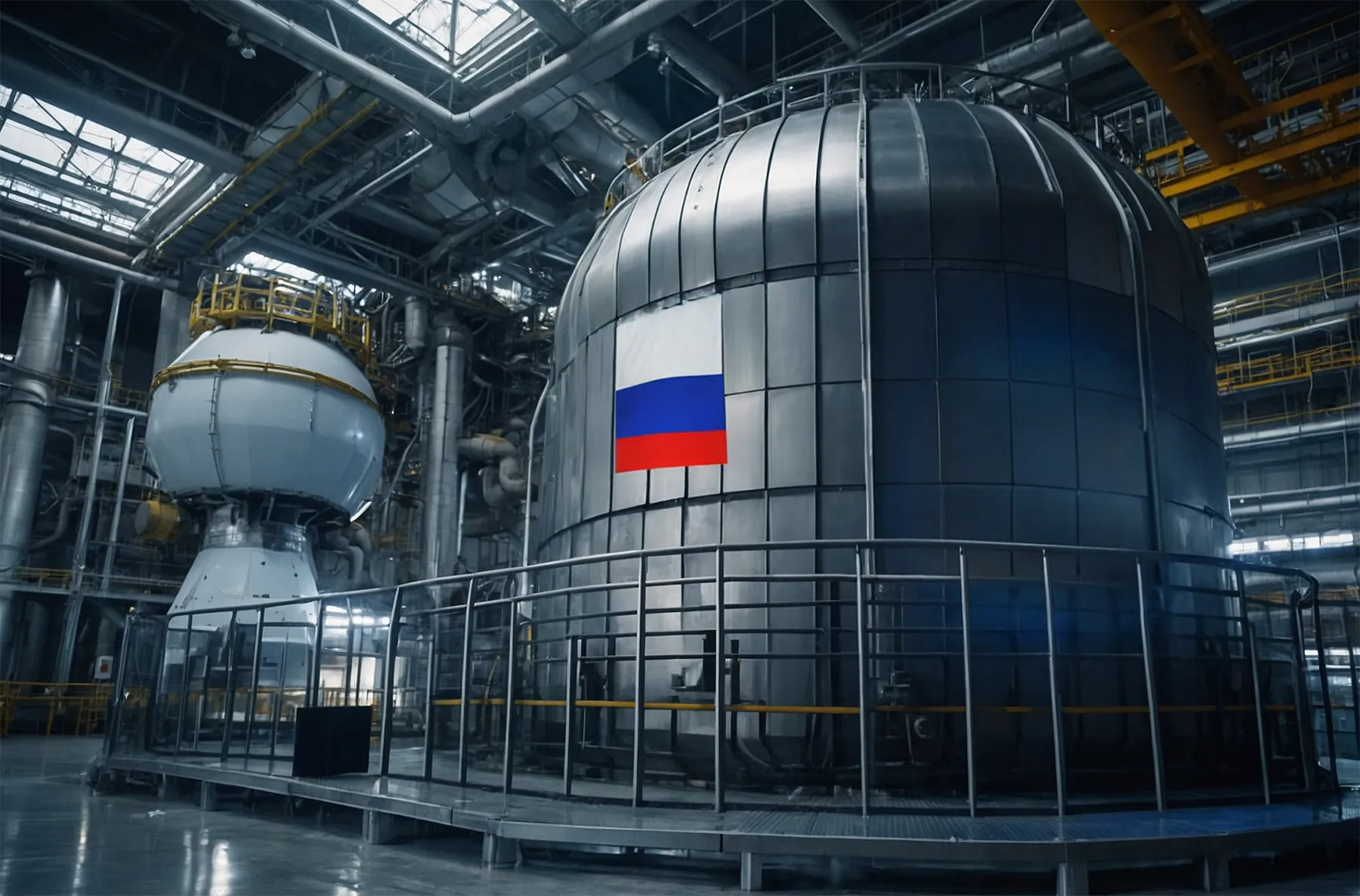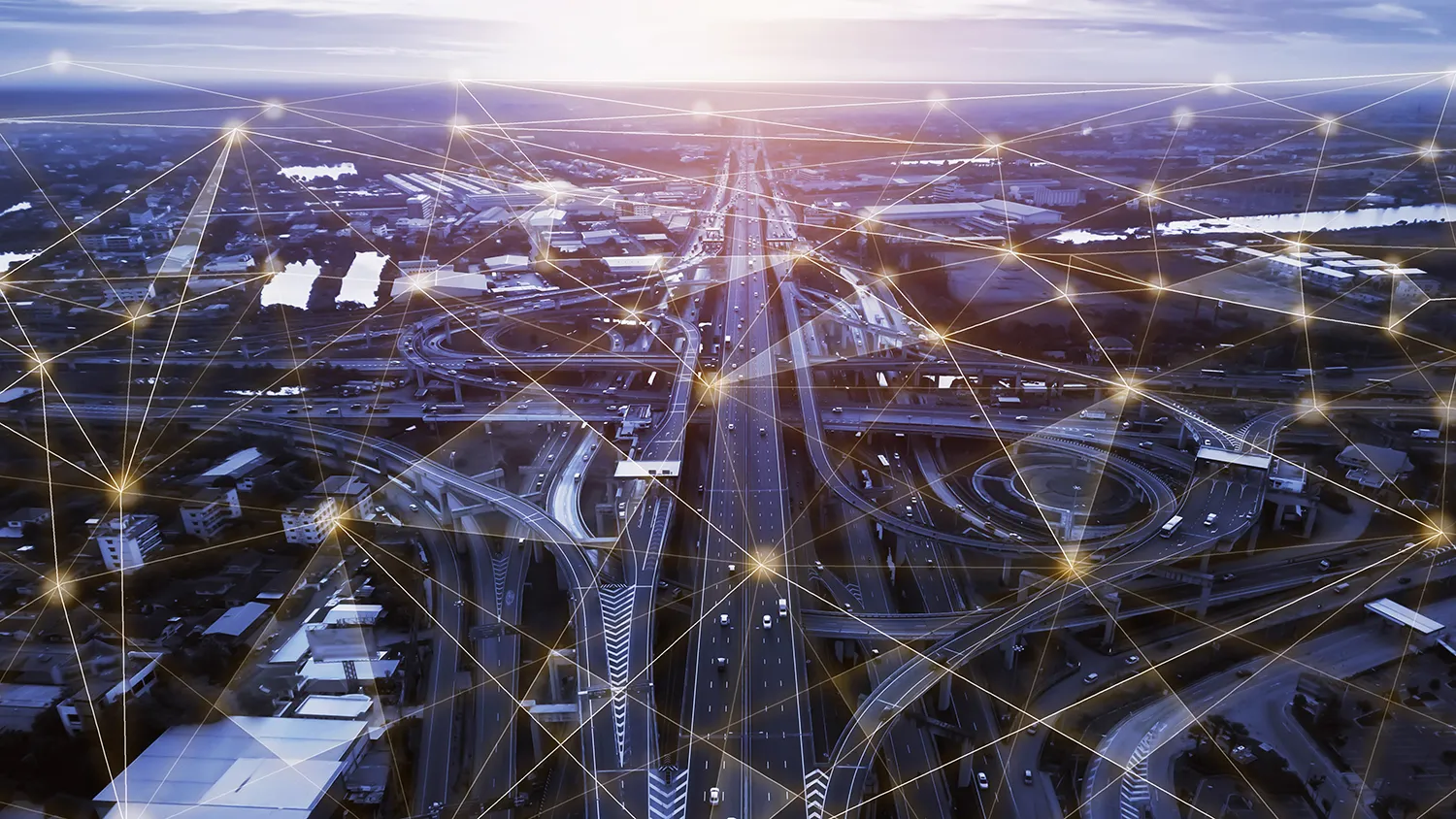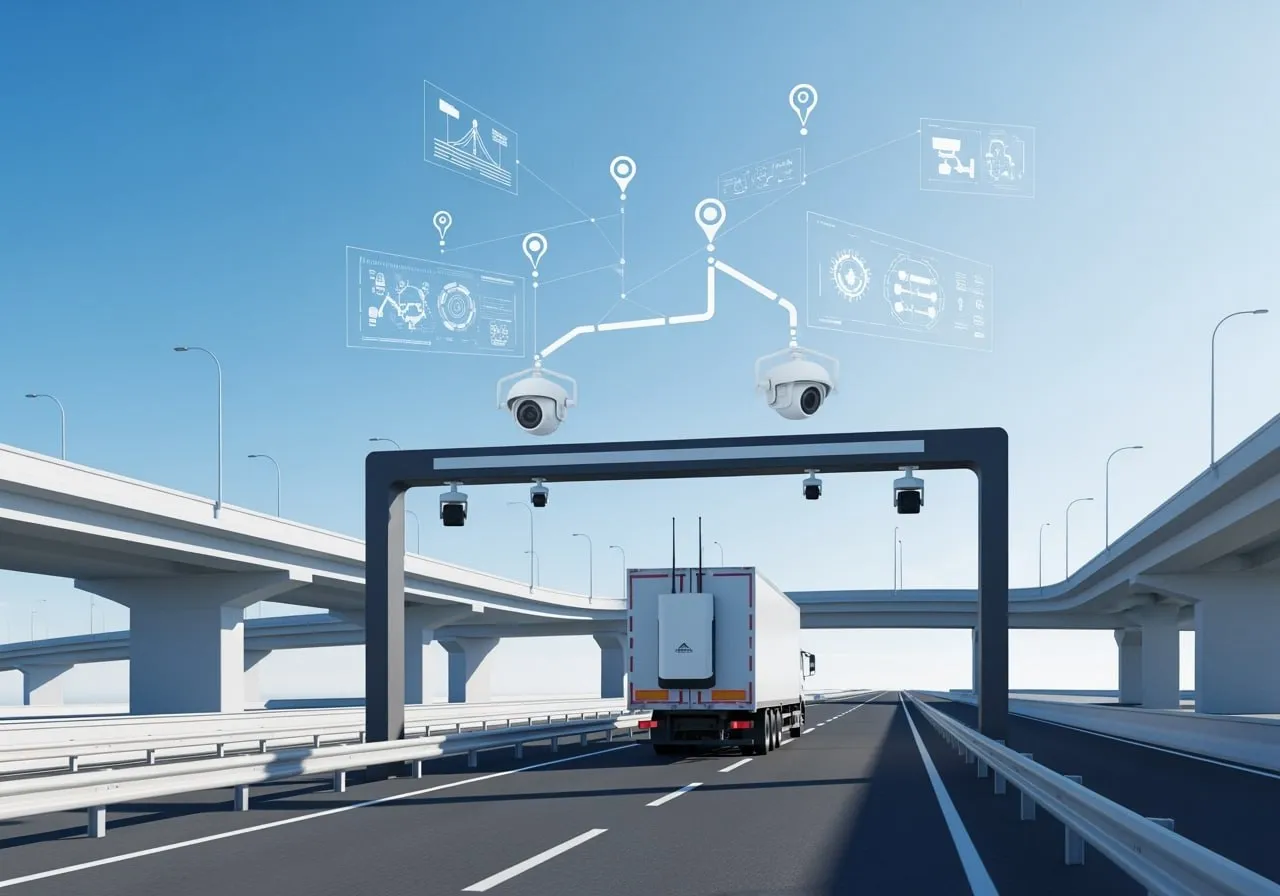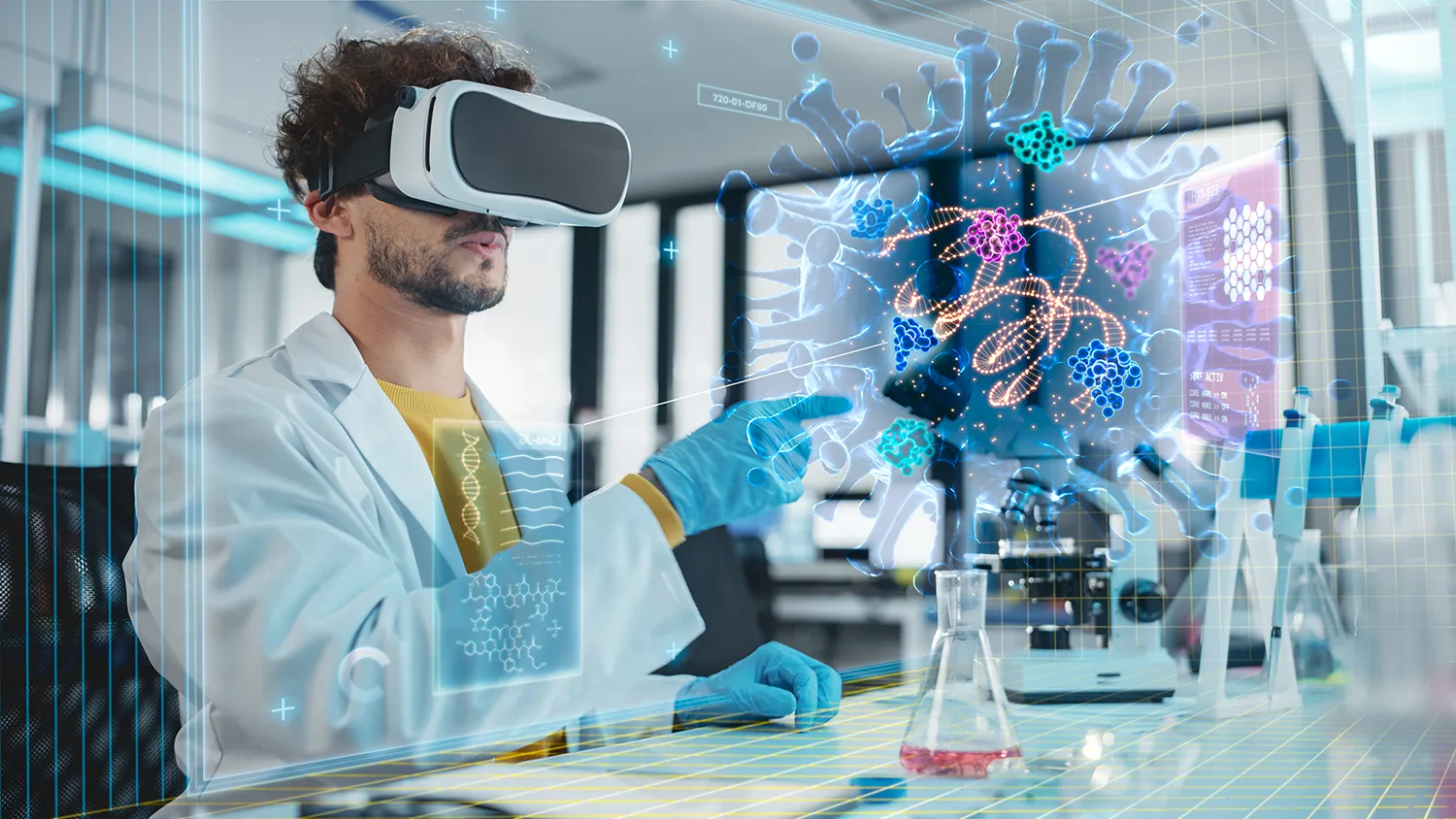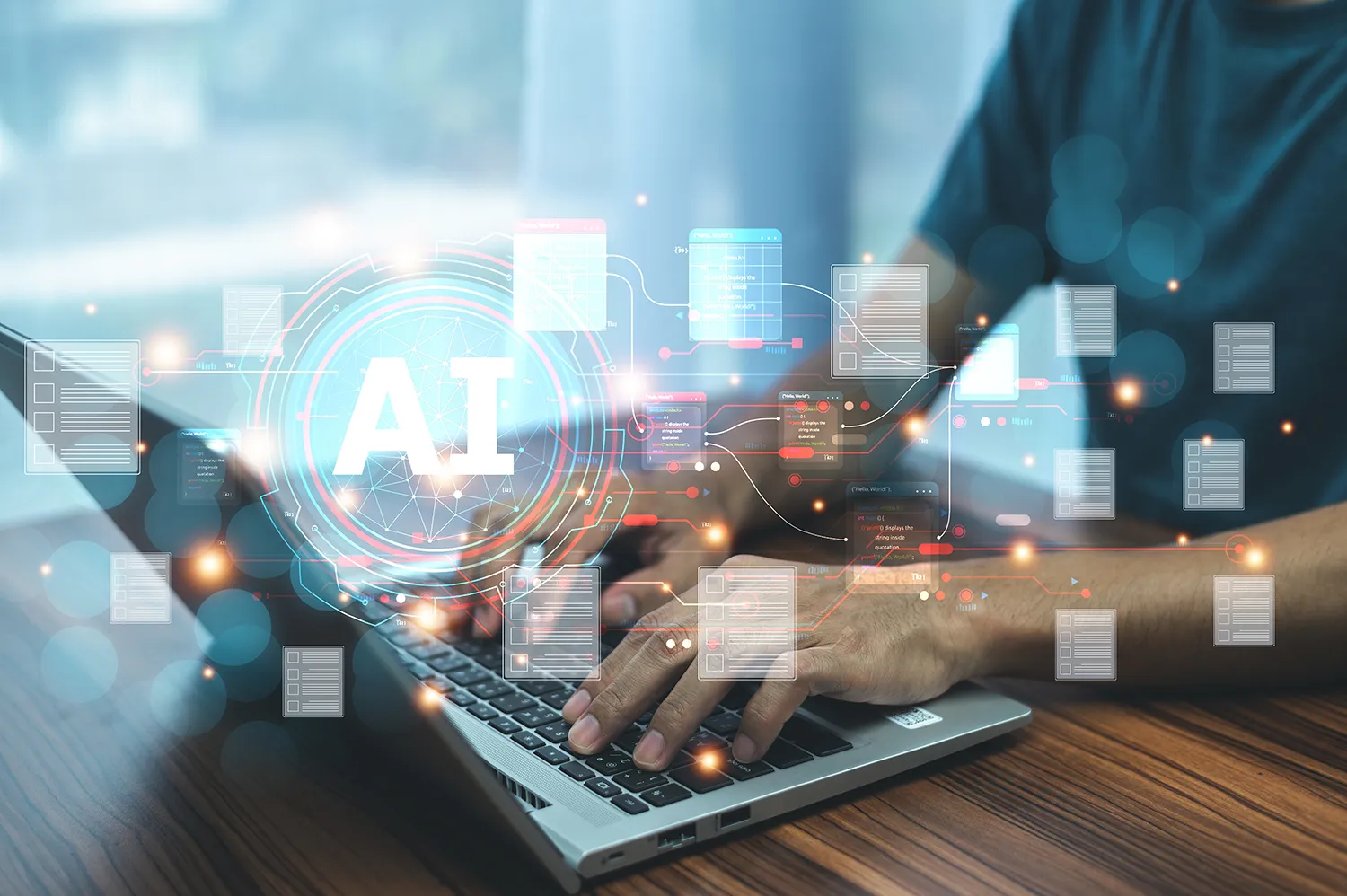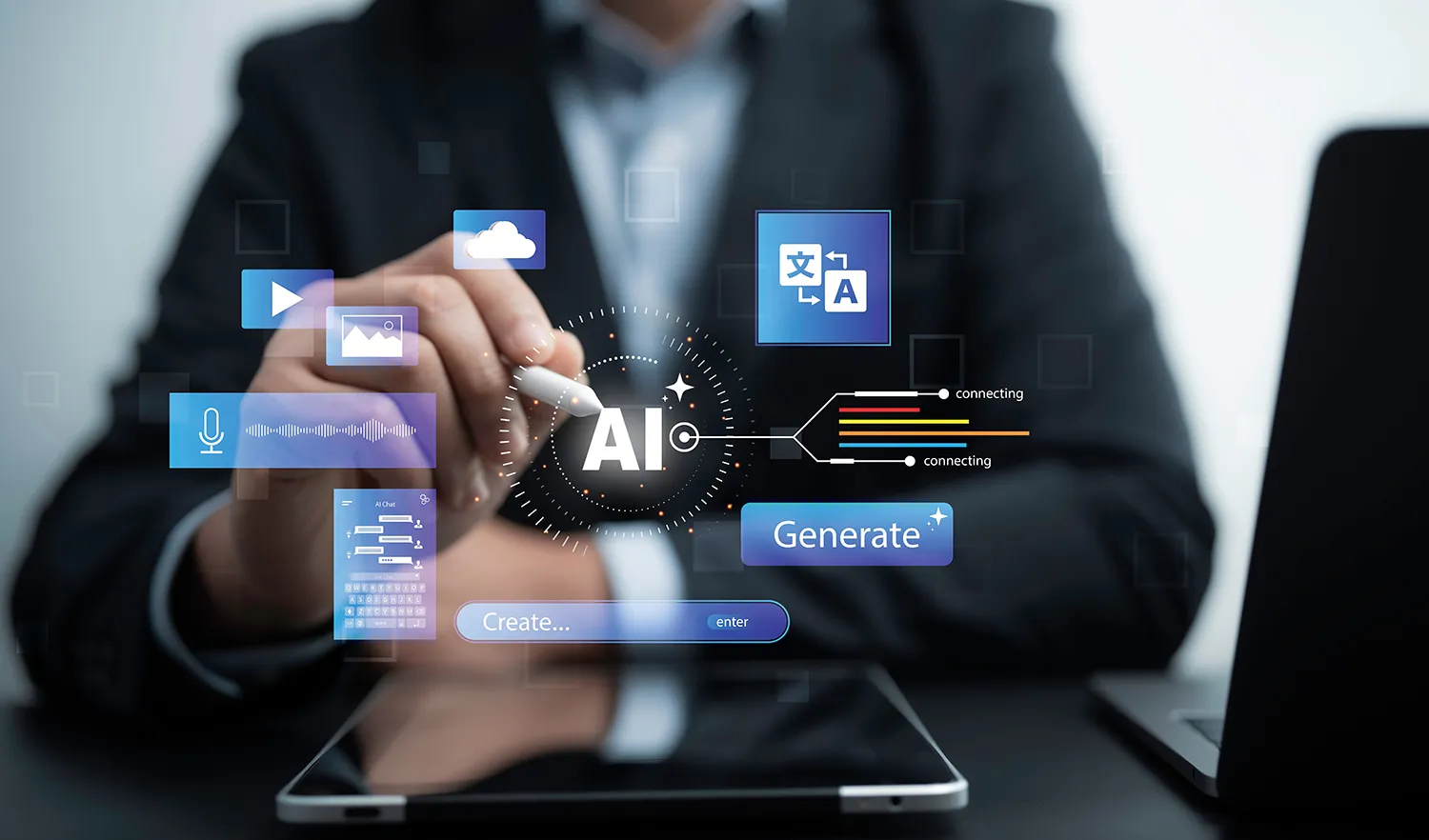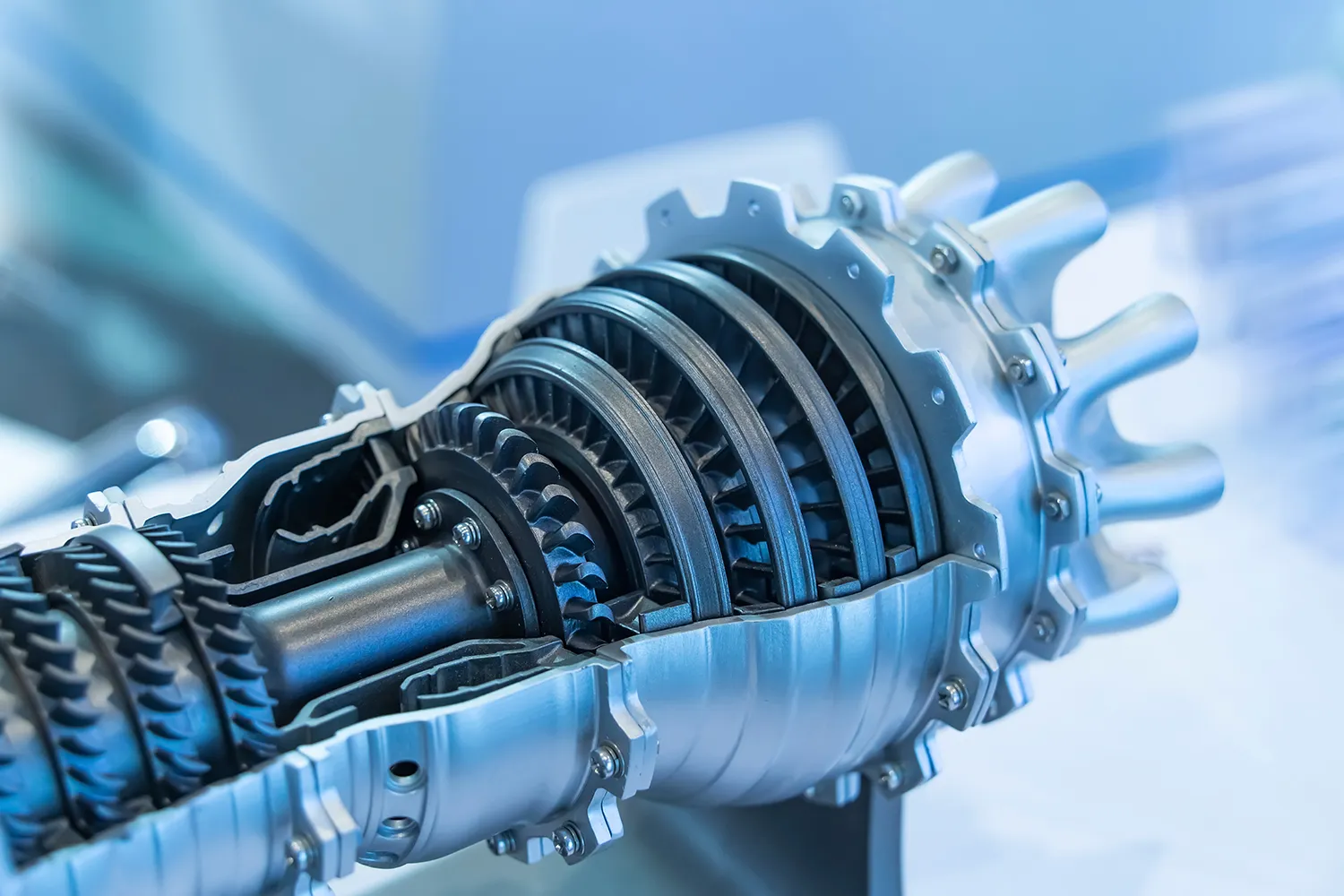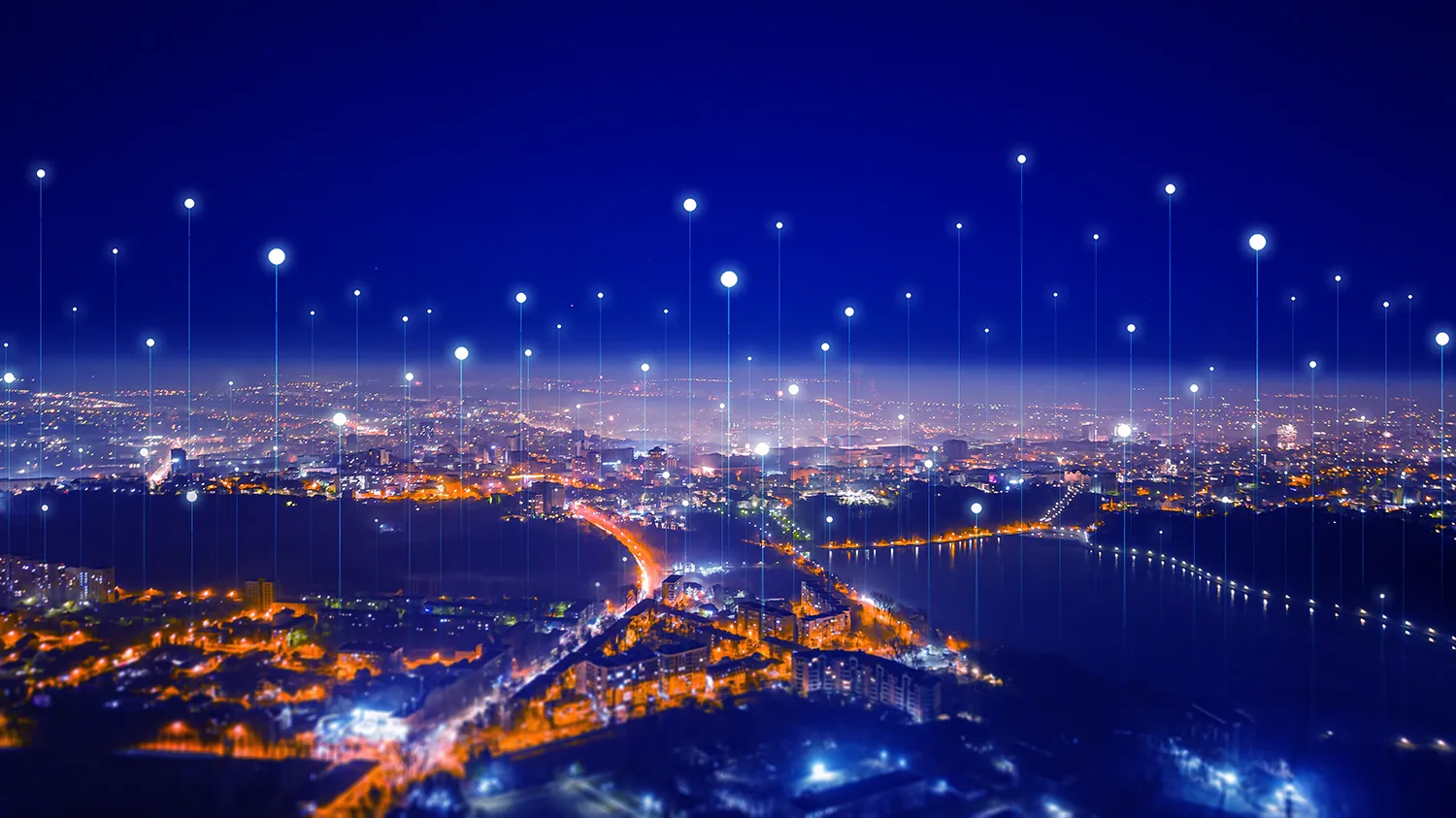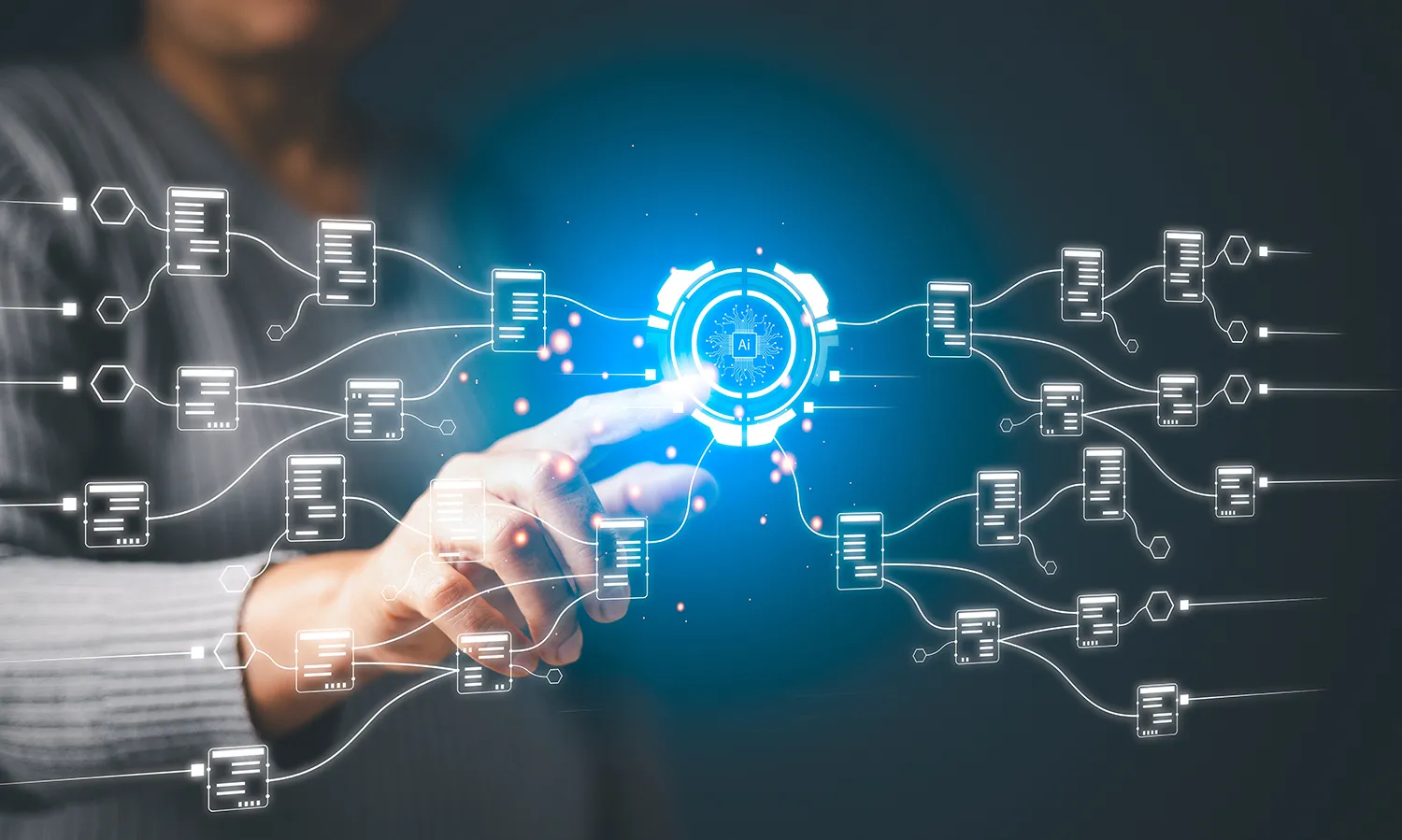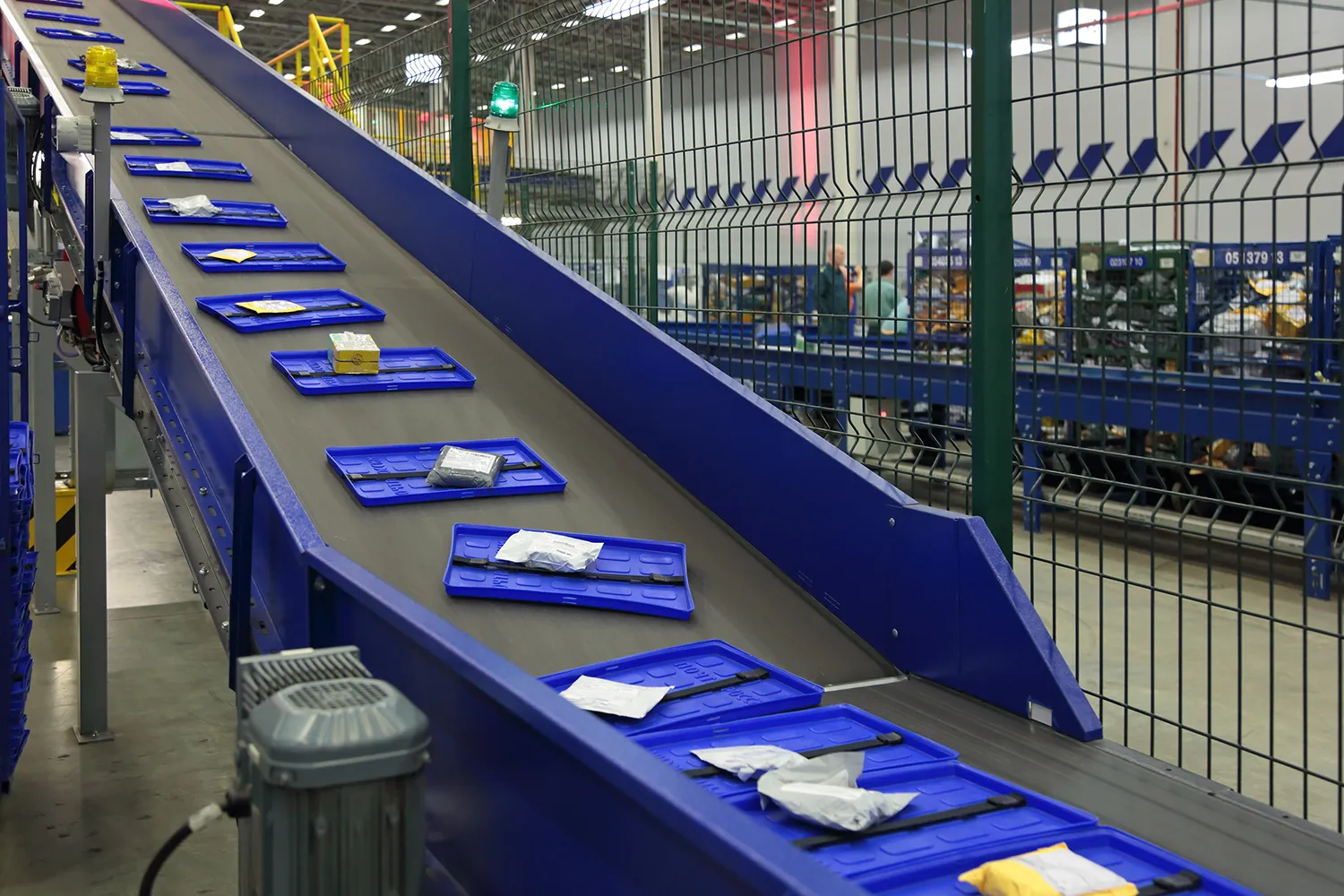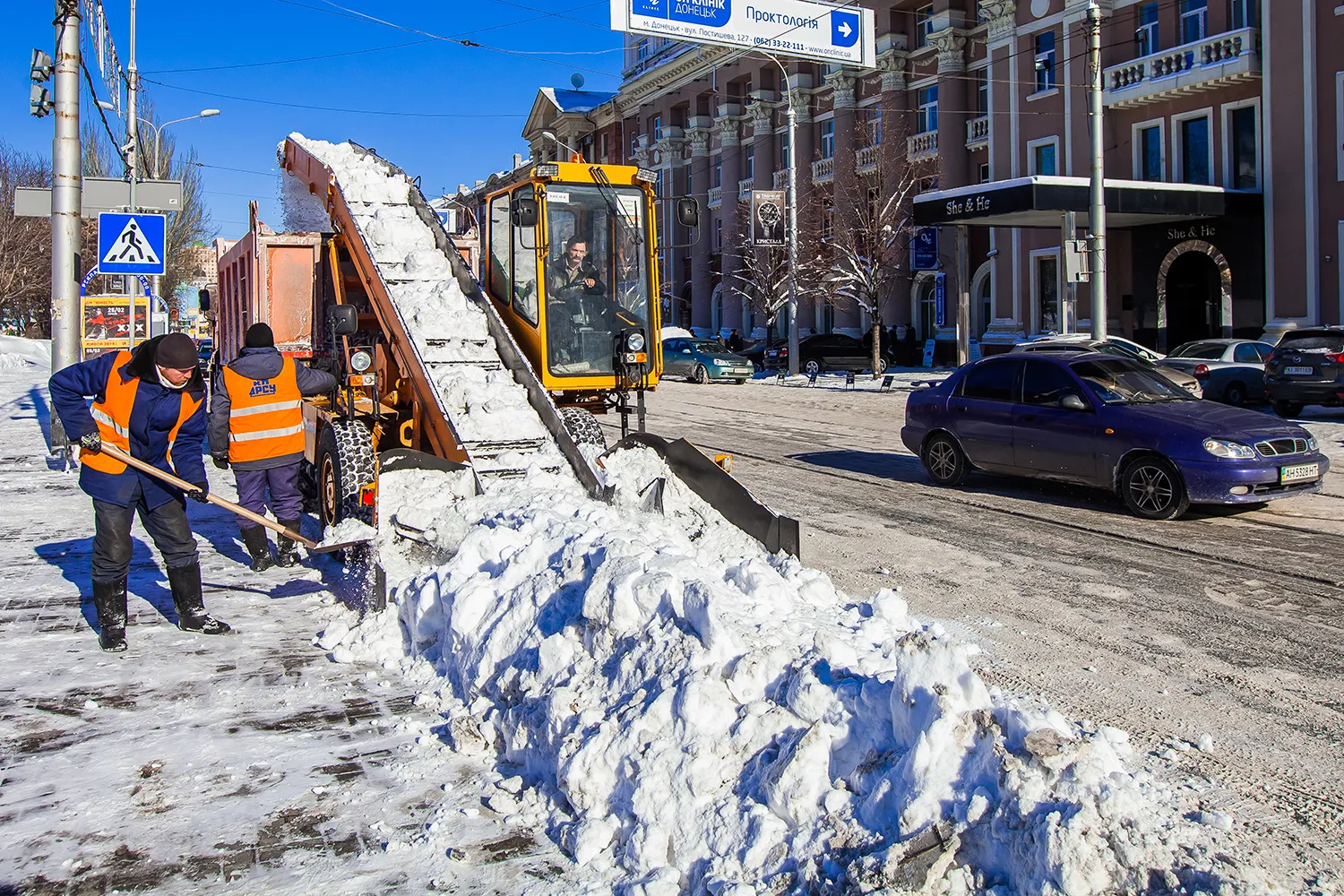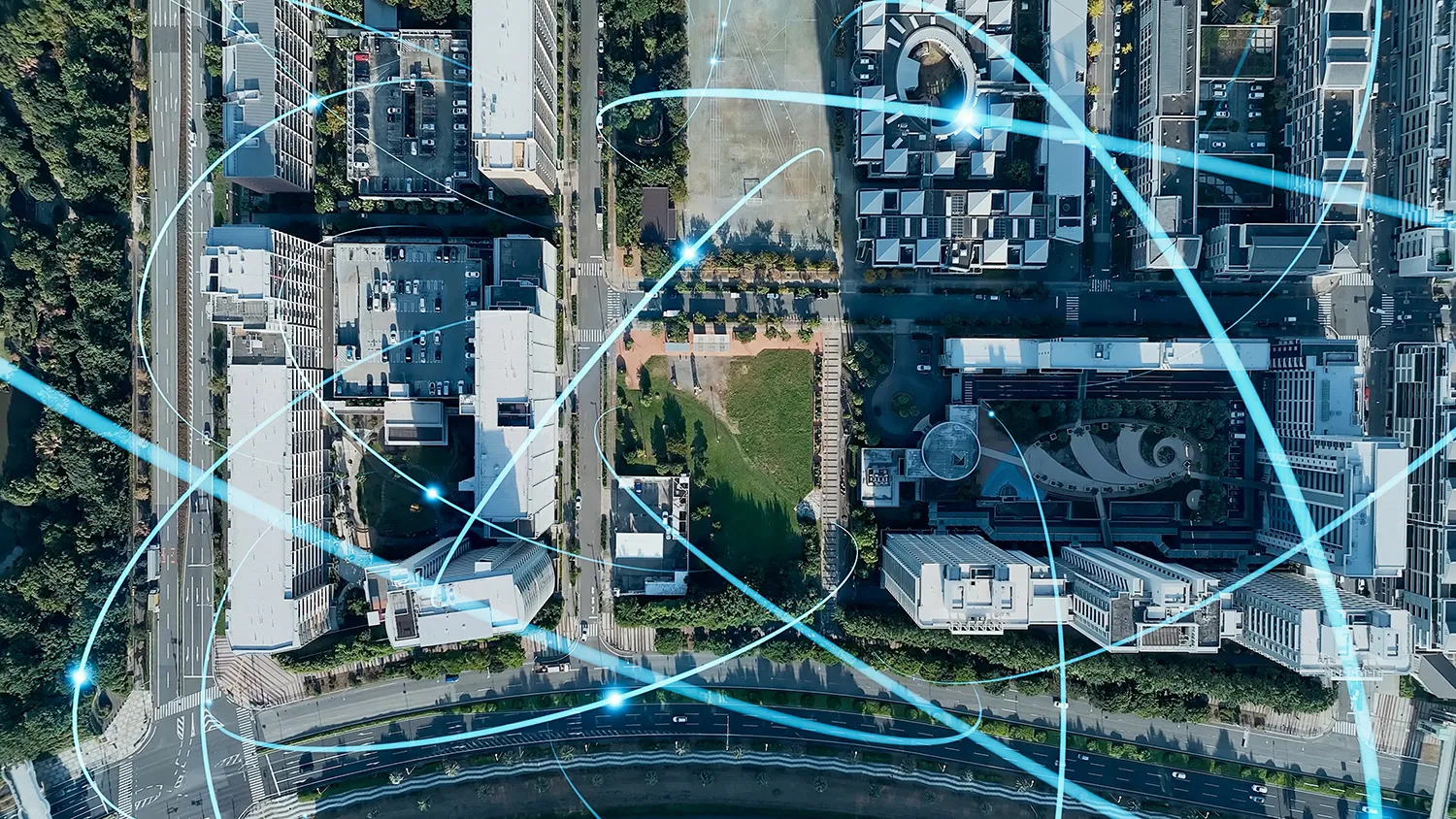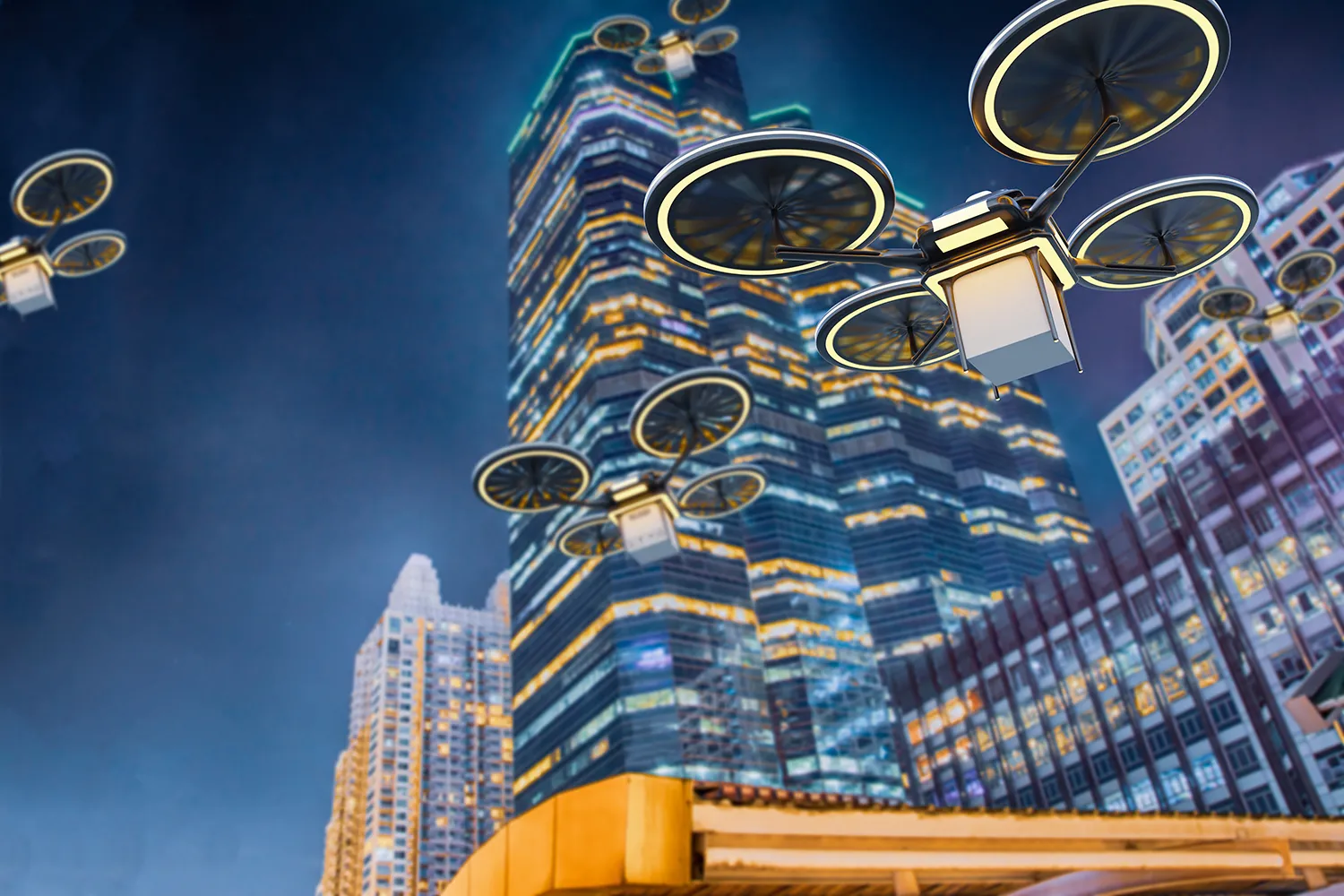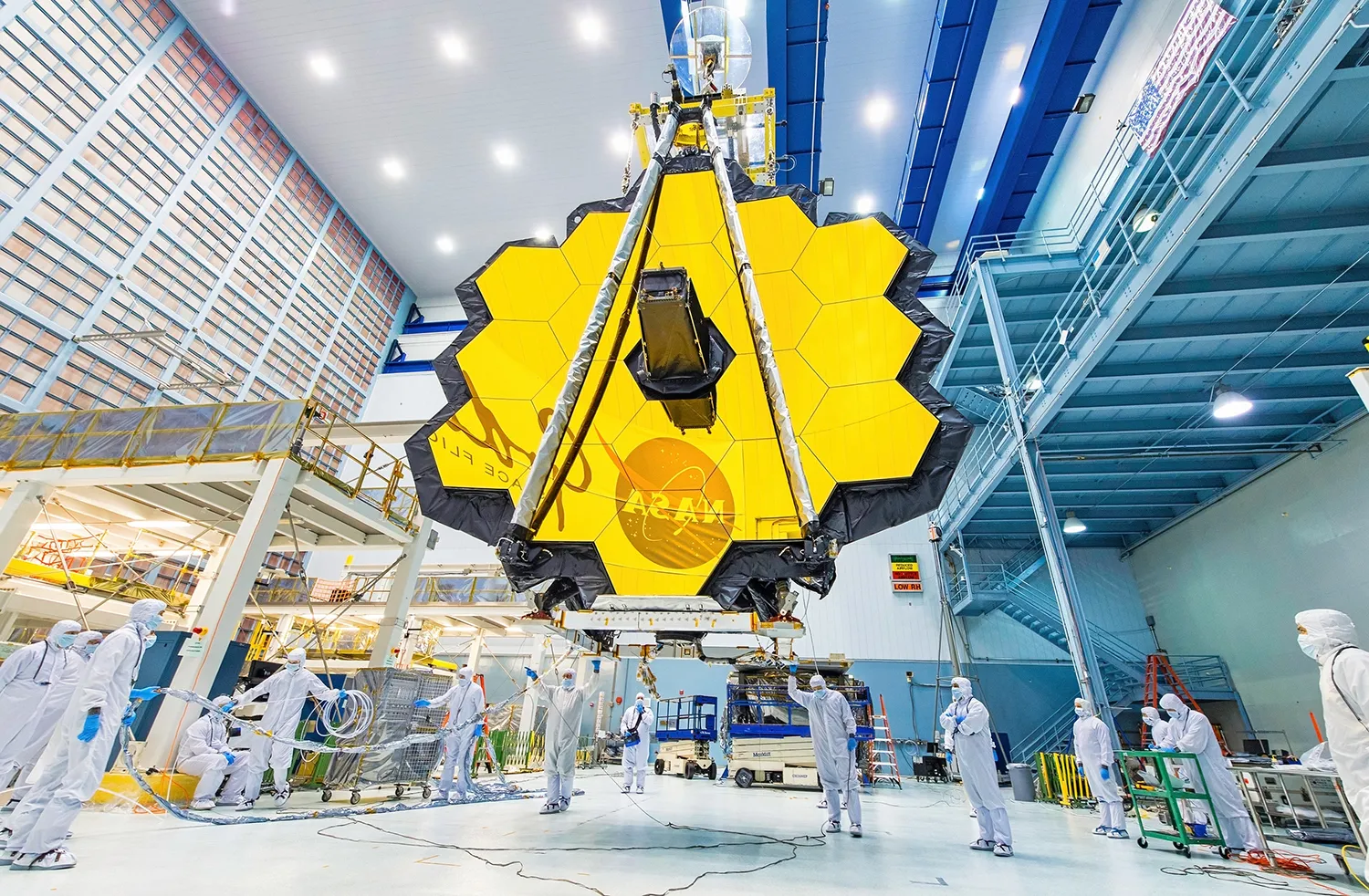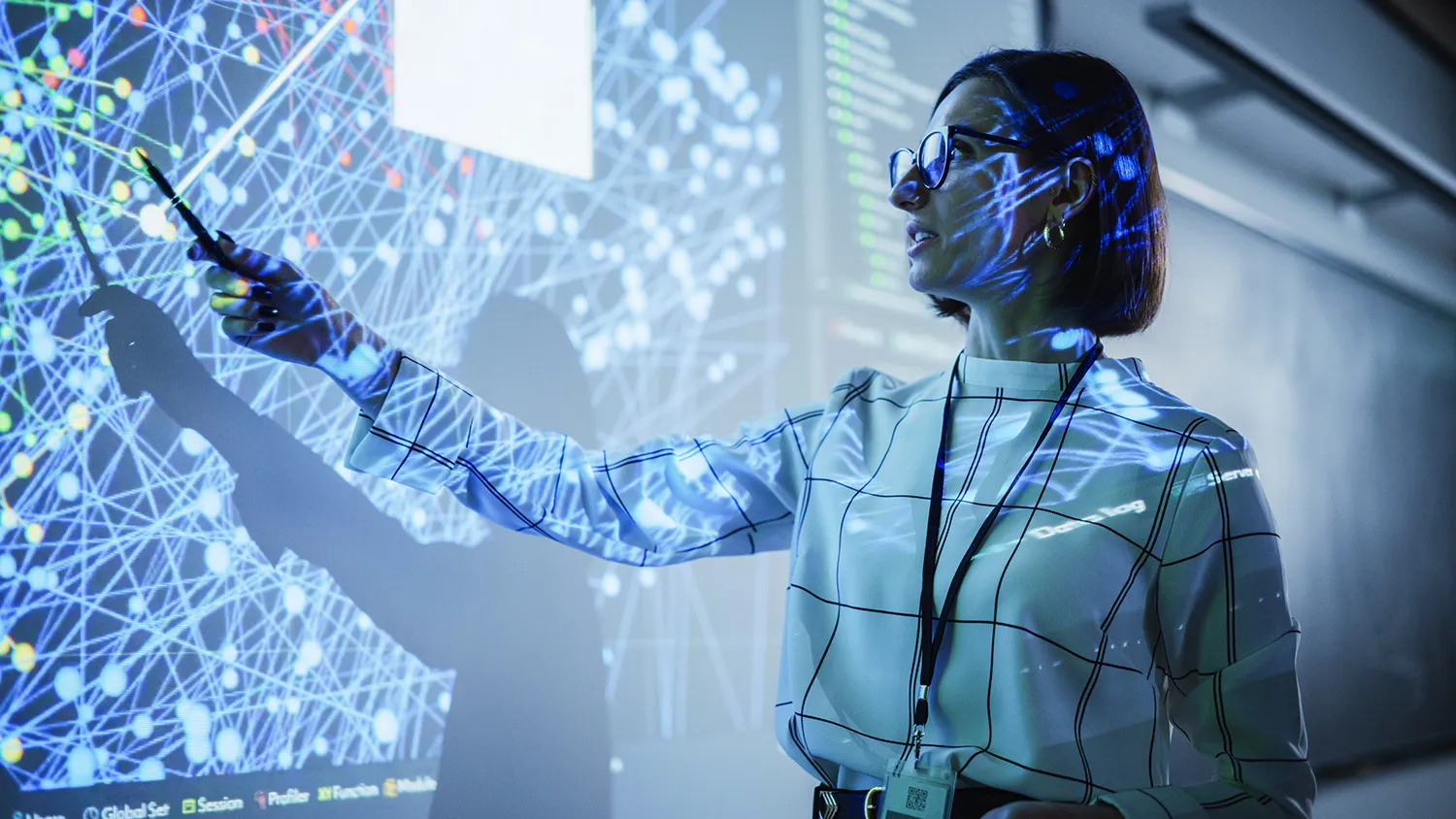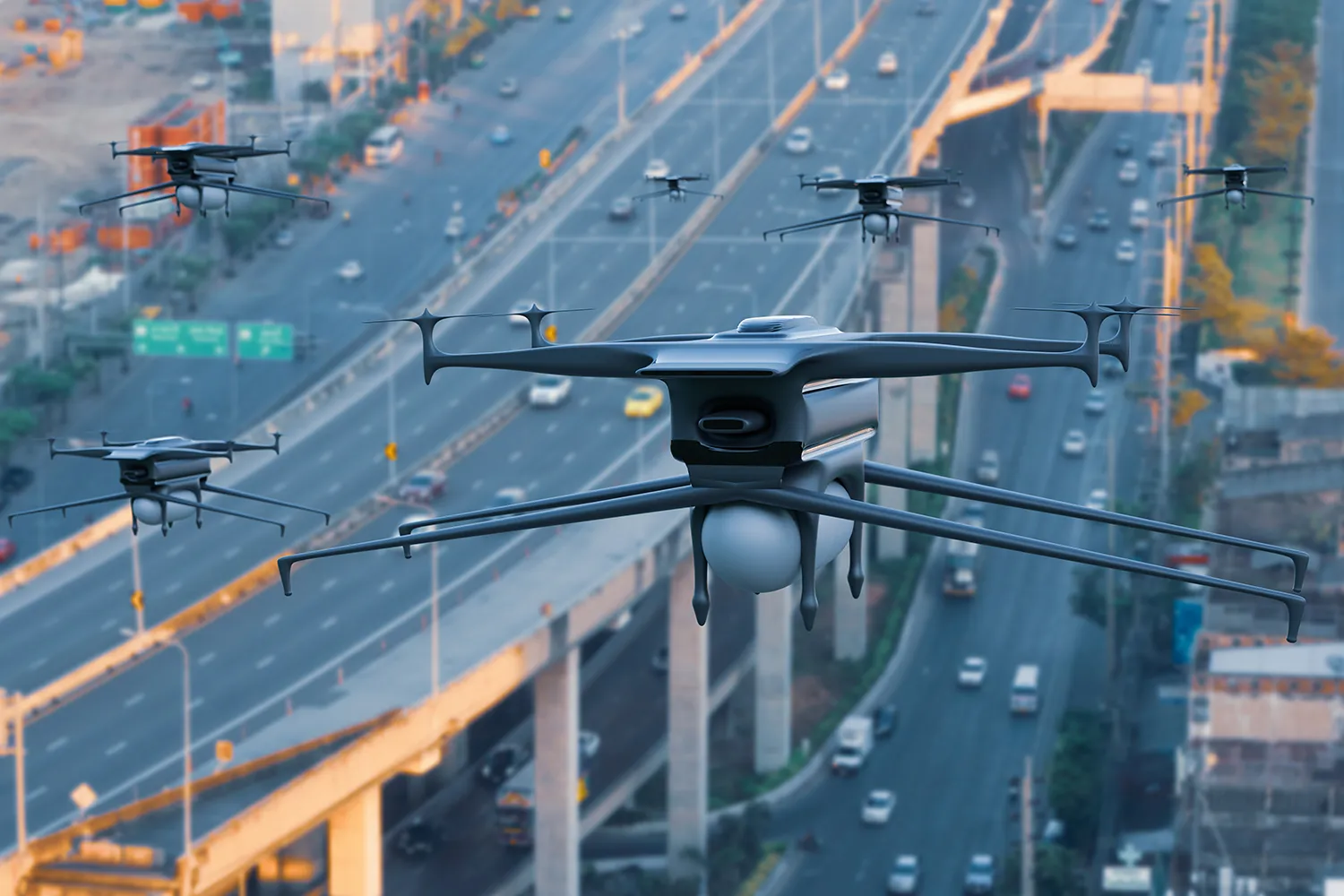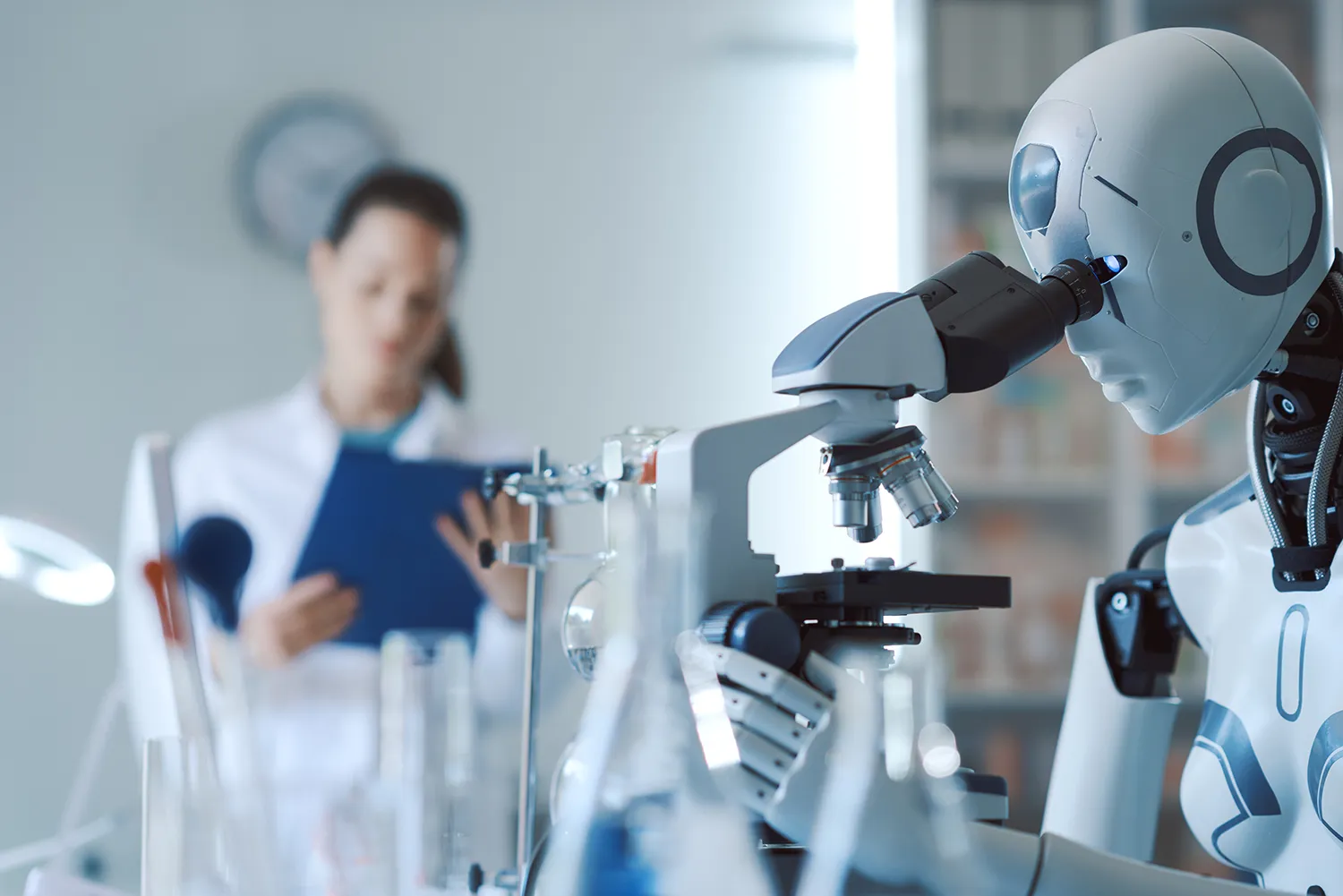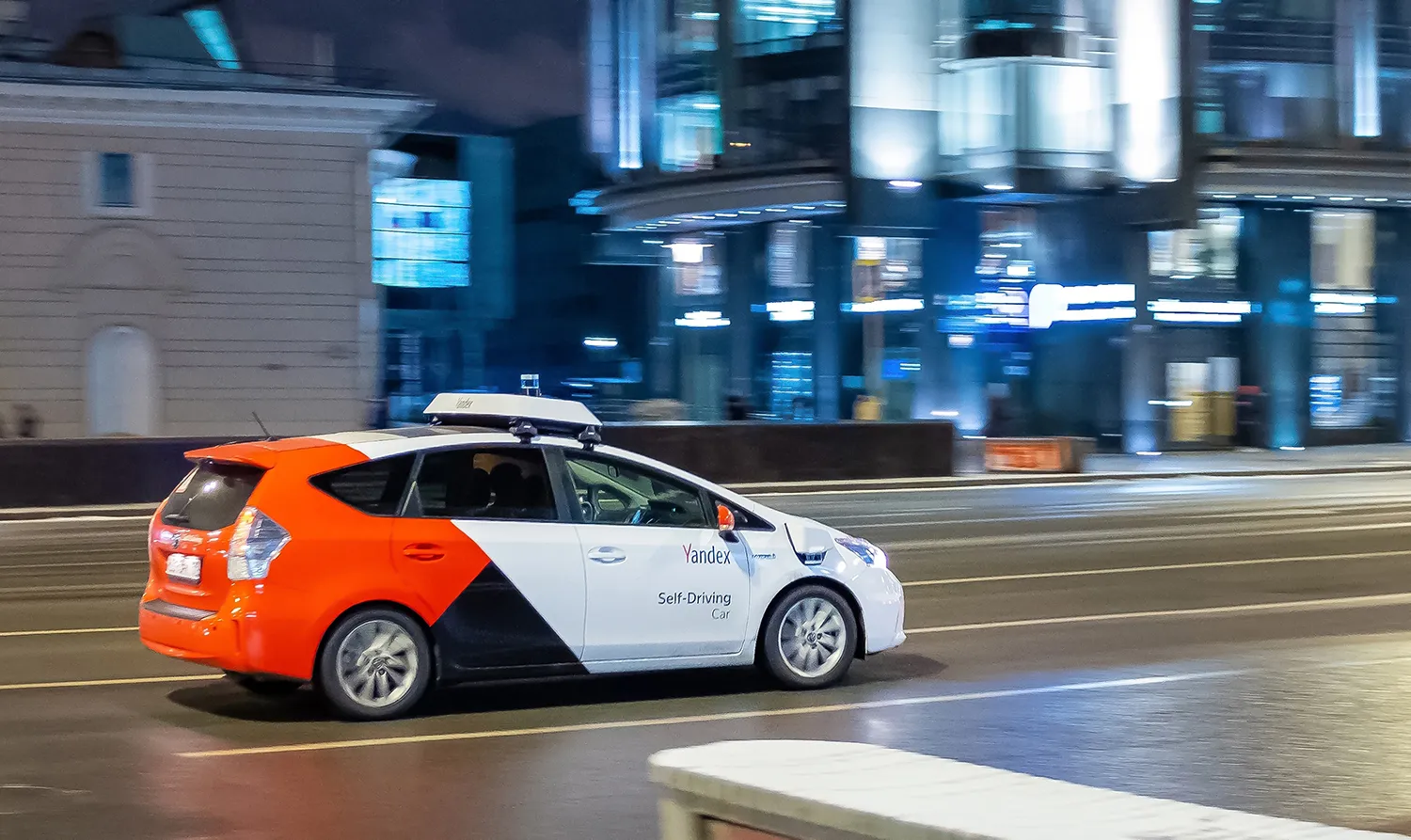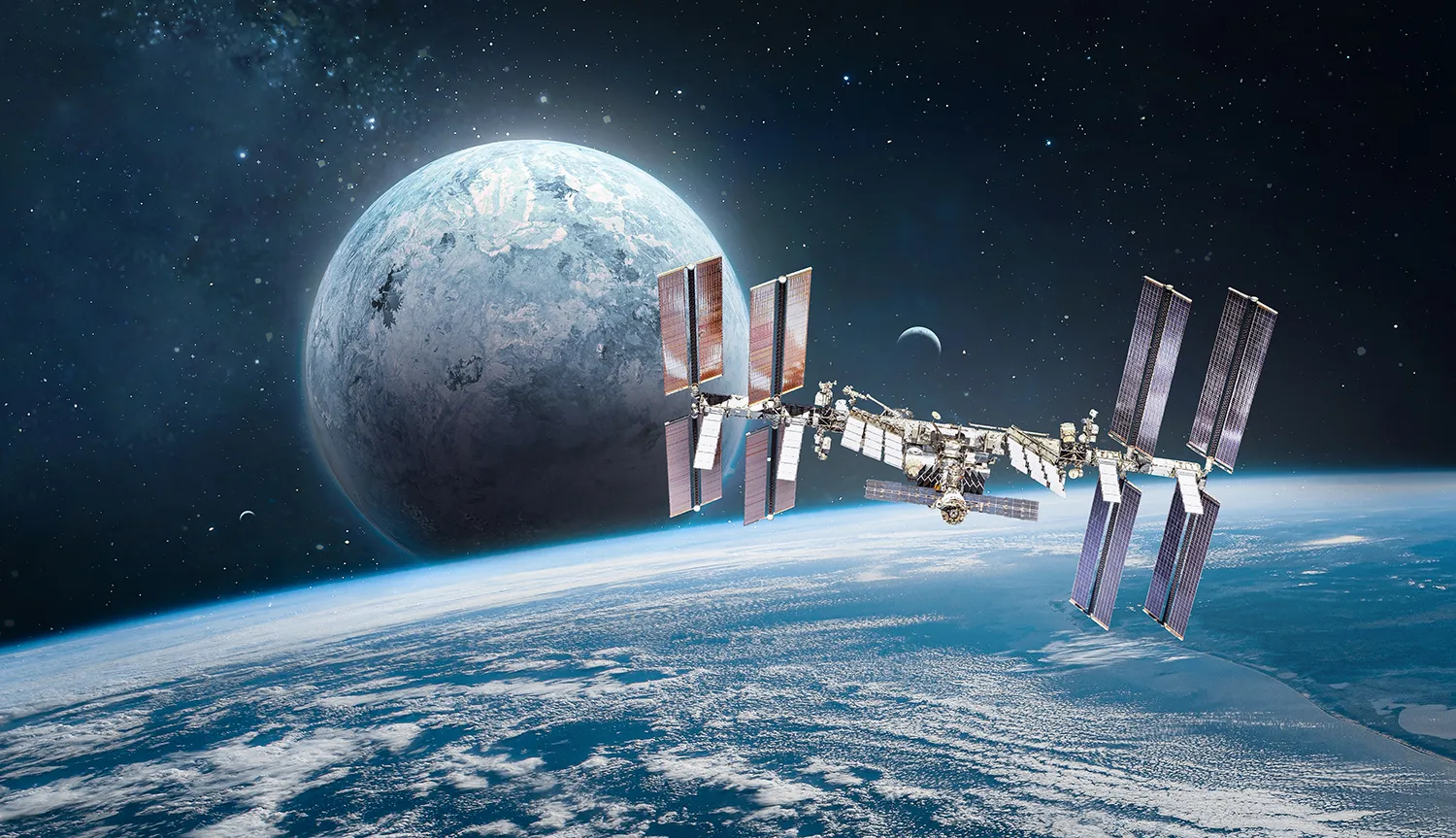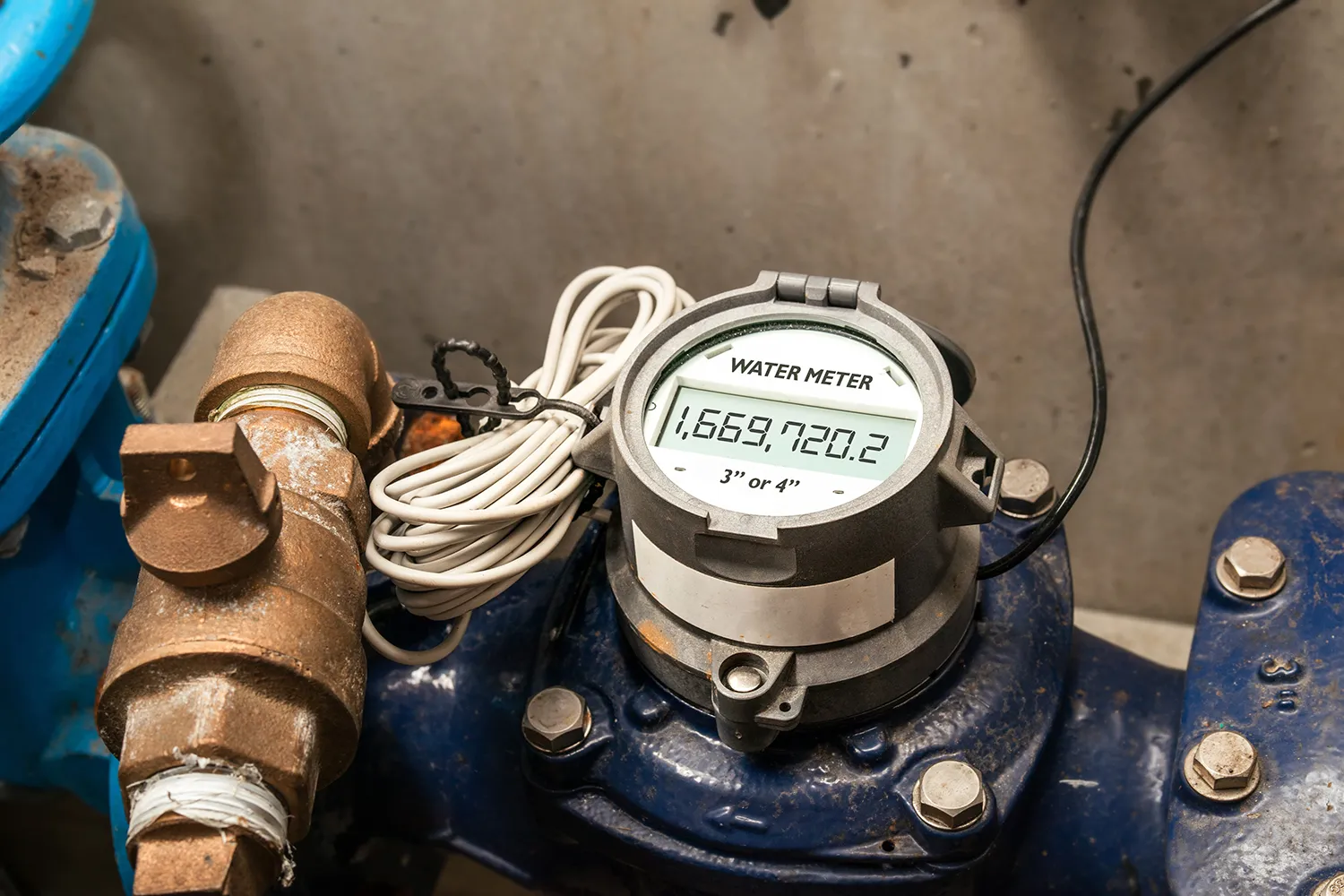Digital Technologies: A New Formula for Russia’s Industrial Growth
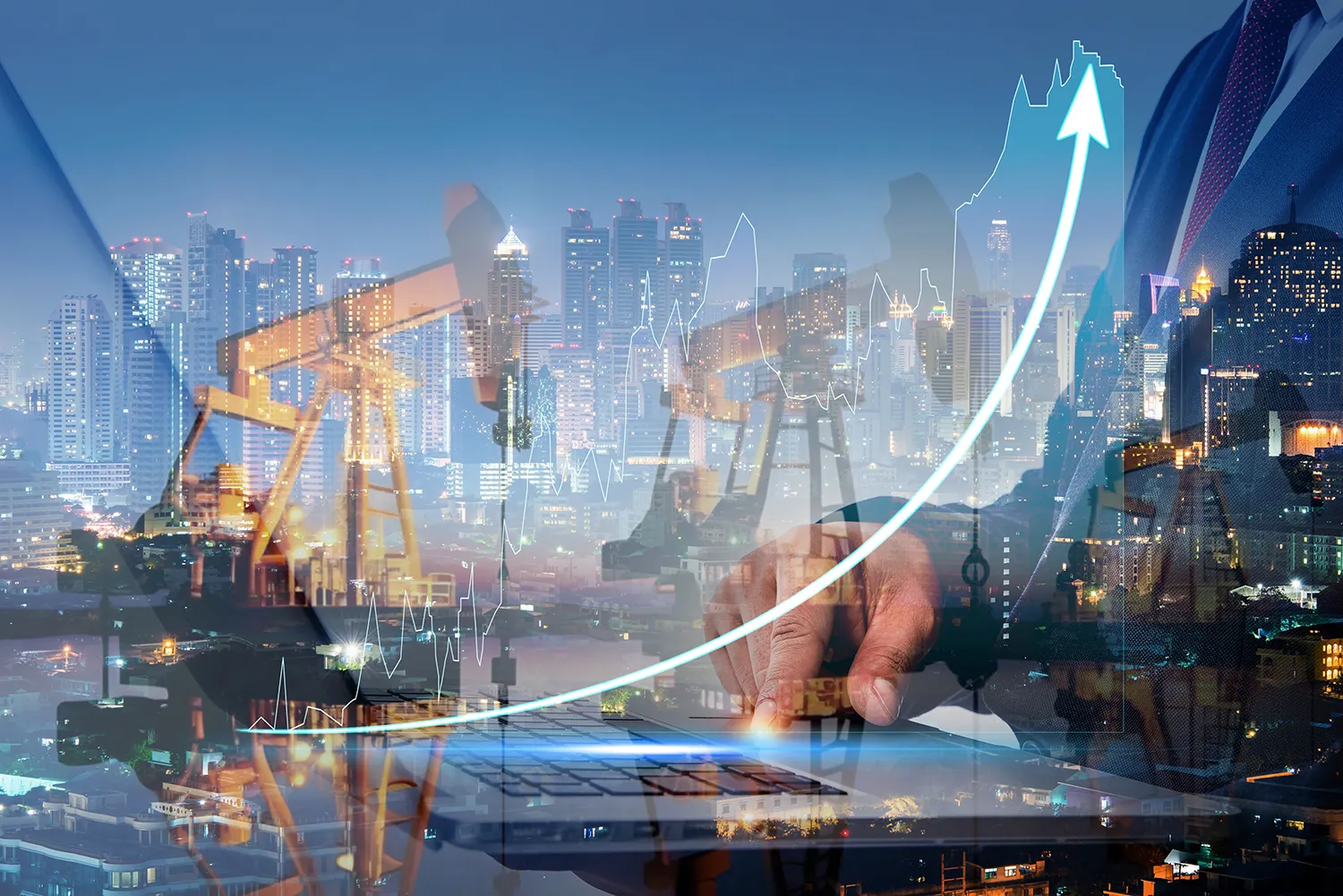
The application of artificial intelligence and industrial data analytics is enabling Russian companies to significantly enhance efficiency and competitiveness on the global market
Digital Transformation of Russian Industry
In 2023–2024, Russian industrial enterprises generated over 60 billion rubles in additional revenue by adopting industrial data processing and artificial intelligence (AI) technologies. This surge in earnings is attributed to the digitalization of key economic sectors: oil and gas ($3 billion), energy ($1.1 billion), mining ($1.17 billion), and consumer goods manufacturing ($1.19 billion).
\According to Ilya Kananykin, Director of the Big Data Association, big data in industry could contribute as much as $22.9 billion to Russia’s economy by 2030.
Digitalization streamlines operations, optimizes logistics, improves predictive maintenance accuracy, and significantly reduces energy and resource consumption. Predictive maintenance, in particular, minimizes downtime and enables precise planning.
Small and medium-sized businesses are also embracing digital technologies. Although previously challenged by high entry costs, lack of expertise, and scaling difficulties, the growth of cloud services, platform solutions, and state support has made AI tools increasingly accessible.
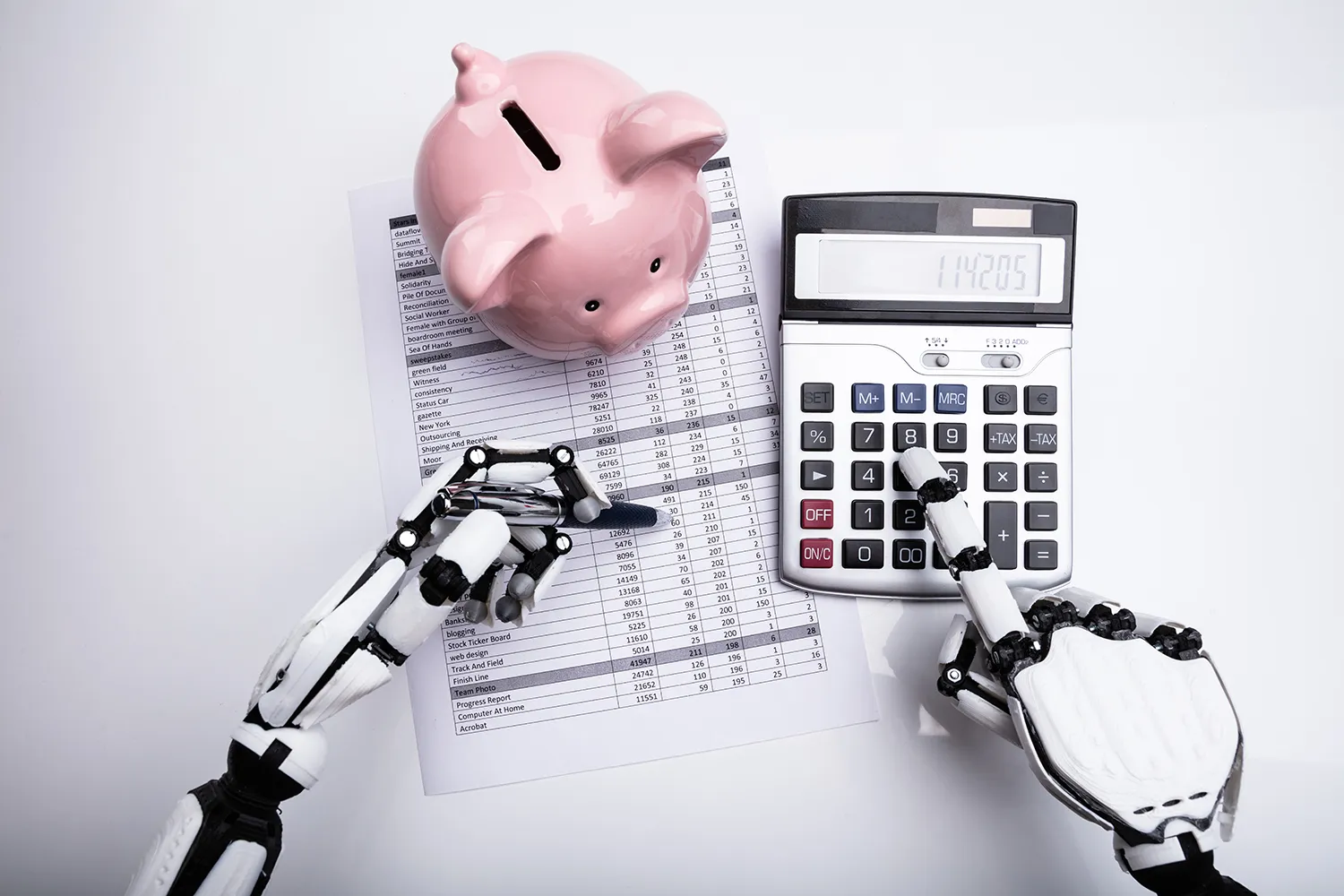
New Export Opportunities
Russian AI solutions are proving competitive both domestically and internationally. With attractive pricing and solid performance, they hold strong potential in Asian and Latin American markets. These regions represent new frontiers for expanding digital exports and building international-facing infrastructure.
Success depends on standardized platforms adaptable to various industries and regions, laying the foundation for ecosystem-based digital exports. With proven use cases across energy, mining, and oil and gas, these technologies are primed for broader adoption—especially as access to foreign technologies narrows.
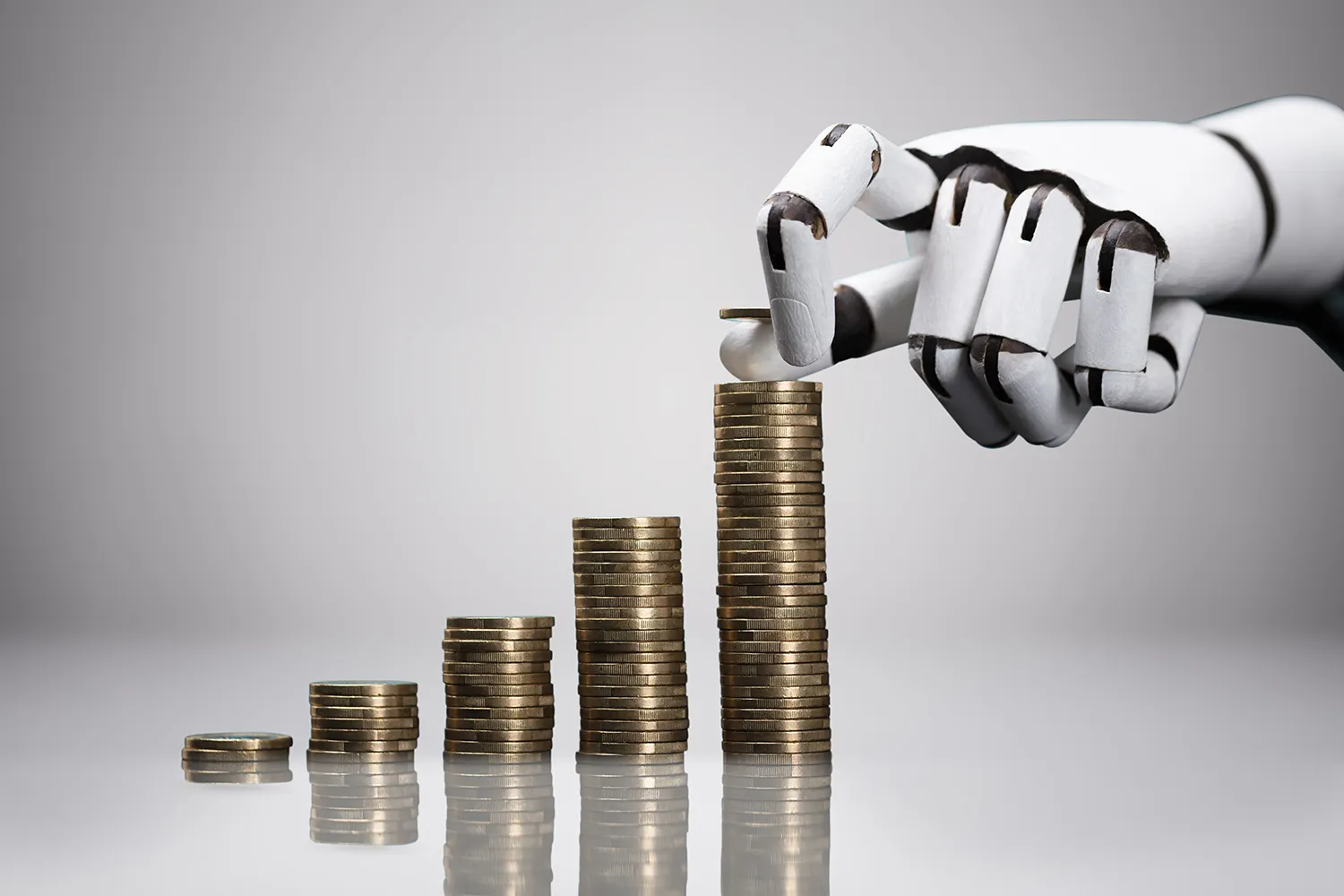
Sustainable Digital Economy Growth
Russia’s digital economy is underpinned by government support at every stage of development. Through import substitution programs and its national digital agenda, the state promotes the adoption of domestic solutions via grants, subsidies, tax incentives, and R&D-friendly policies.
Competence centers play a vital role in AI project coordination and cross-sector knowledge exchange. Today, 13 elite centers represent Russia’s AI brain trust, driving fundamental research and industrial Internet of Things (IoT) development. These centers collaborate closely with industry leaders.
"Over 40 companies have already invested in these centers, including Sber, Yandex, Gazprom Neft, Future Transport, and Er-Telecom," said Russian Deputy Prime Minister Dmitry Chernyshenko.
AI: The Engine of Industrial Digitalization
Russia’s AI market is growing by 20–30% annually, with real economic impacts potentially exceeding these figures. As of 2023, the AI market size reached $8.2 billion, with 20% of companies already integrating AI into their operations. Projections for 2025 estimate AI will contribute $22.9 billion to Russia’s GDP. With strong investment, that figure could climb to $140 billion within five years.
The upward trend in AI adoption is set to continue. Russian data processing and AI technologies have high potential for both domestic and international markets. Export-oriented platforms and infrastructure will play a critical role in Russia’s strategic economic development.
Expert Opinion
Dmitry Yudin, Head of AI at AI Cloud: "The market could double in size compared to current levels, driven by advances in data processing, broader deployment of dedicated AI platforms, and technologies like generative AI. This will boost demand for cloud-based AI-ready infrastructure and ML development tools."


